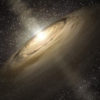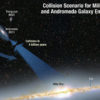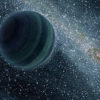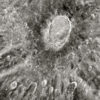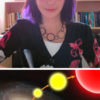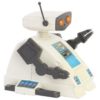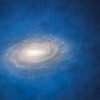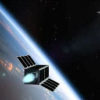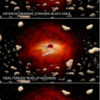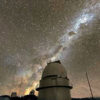Displaying all of the characteristics of a solar system in the making, a massive cloud of dust and rocky debris orbiting a nearby star has vanished, leaving astronomers mystified as to what could have happened to the dusty disc that was much more massive than Saturn’s rings. “It’s like the classic magician’s trick – now […]
